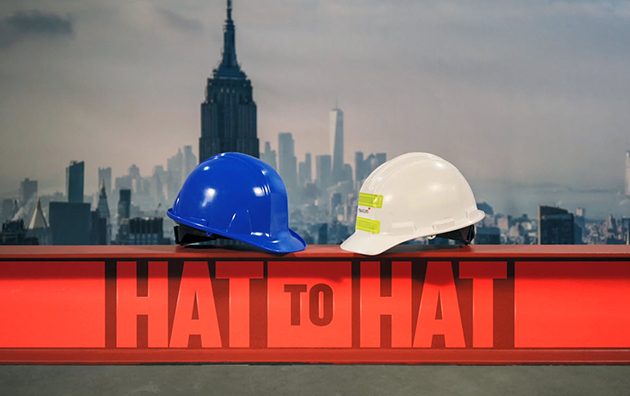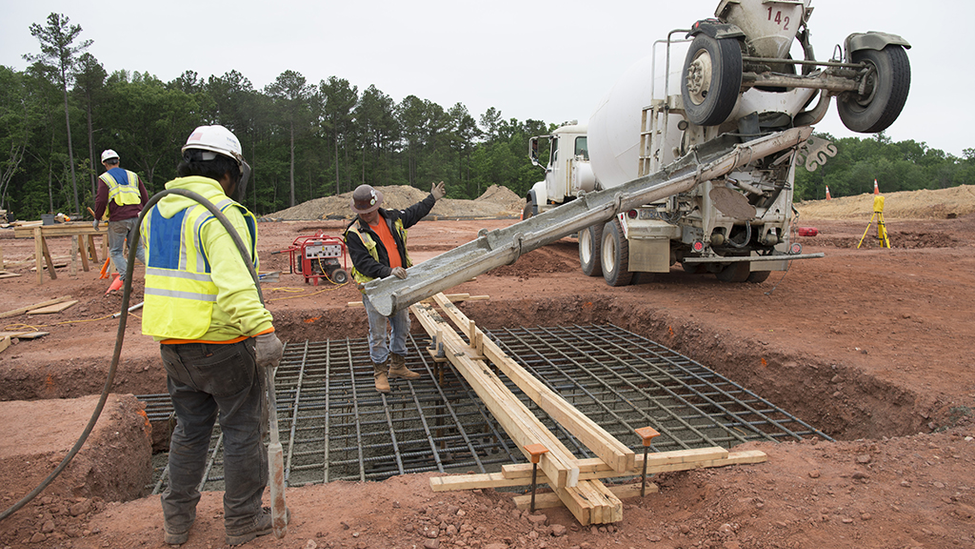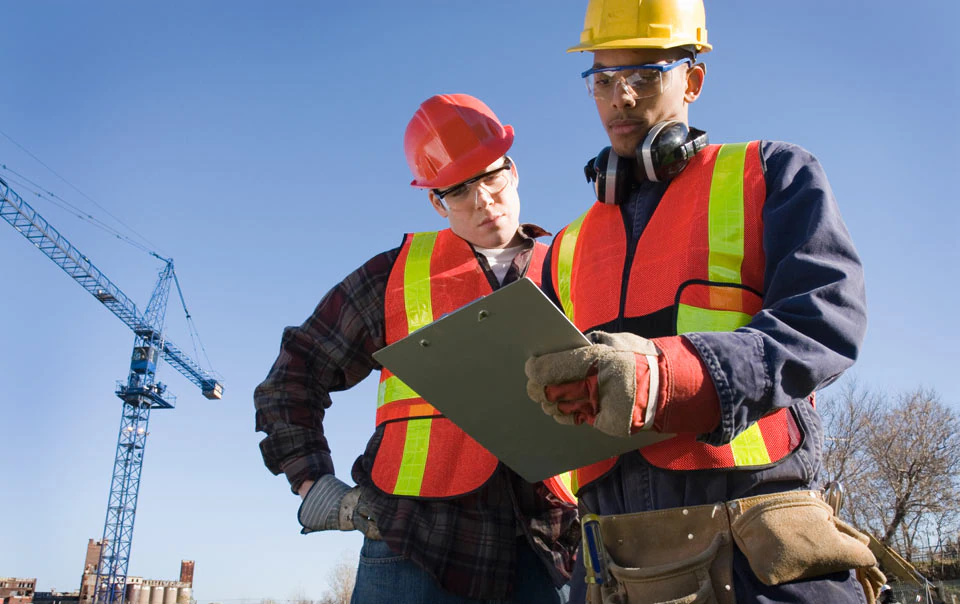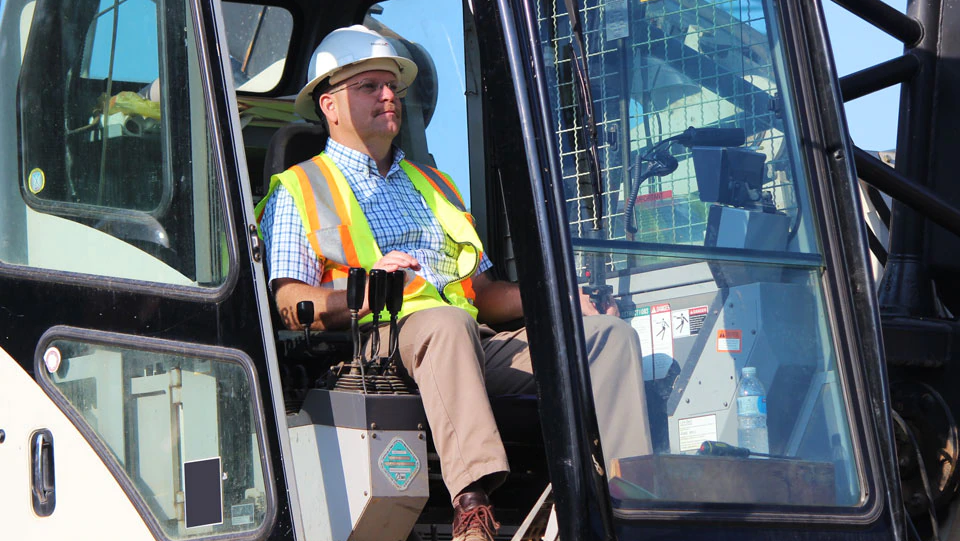Managing Your Construction Risk

The construction industry is an important contributor to the U.S. economy. Yet, the perennial challenges to the industry remain: increased material costs, scarcity of skilled workers, supply chain disruptions and maintaining workplace safety.
Effectively managing these risks could become a significant competitive advantage for contractors, who could see a positive impact to more than just their bottom line.
“Managing the cost of risk can be an effective way for contractors to both improve safety and reduce costs associated with preventable losses,” said Lisa Morgan, Senior Vice President of Business Insurance and President of Construction, Energy and Marine, at Travelers. “The financial and business implications related to risk extend well beyond an individual event. Losses can lead to project and scheduling delays, reputational risk, increased regulatory scrutiny, challenges bidding and being awarded new projects, and greater difficulty attracting and retaining talented workers.”
Before starting a project, contractors can assess the potential impact of risks and the steps and costs involved to effectively minimize them. “Taking the time and investing in managing those risks up front can pay future dividends for a contractor if, for example, it helps avoid a dispute, a workplace injury or a loss,” Morgan said.
The Travelers approach to managing customers' construction risk
Not surprisingly, the construction industry has one of the highest costs of risk. Travelers understands the impact this can have on a contractor’s balance sheet. It’s why you should look beyond the premium amount and carefully consider the value and protection you are getting in return. Travelers believes that the more an insurer understands the construction industry, the more value a contractor is getting from their insurance carrier. Here’s what we mean:
- Comprehensive insurance solutions. Although it might seem like we’re stating the obvious, making sure that you do not have gaps in your insurance coverage is foundational to managing your cost of risk. At Travelers, we design our insurance policies based on deep knowledge of construction risk. According to a Travelers study,1 many contractors have insurable exposures outside the scope of the coverages they purchase. Common examples are professional, environmental and cyber exposures. These are among a number of other coverages that Travelers offers contractors that can help reduce coverage gaps. In addition, even though many contractors purchase umbrella coverage, the coverage limits may still be inadequate to cover potential losses.
- Perspective. As a contractor, you’re typically seeing only your own job sites and have a limited line of sight to the types of losses the broader industry is experiencing. However, with dedicated Travelers Risk Control and Claim professionals, the benchmarking we do around the country allows us to provide our customers with industry-specific comparative data, which can help better inform their decisions.
"Our Risk Control team visits over 300 job sites per month. We see patterns and draw insights," according to Ken Wengert, Vice President, Risk Control – Construction, Energy and Marine at Travelers. "We have the expertise to help address many of the risks facing the construction industry, such as construction defect losses, contract risk and fleet-related exposures."
- Industry knowledge. Aside from the decades of experience Travelers has in construction, most of our Risk Control staff, and many underwriters and Claim professionals, come from the construction industry. Travelers insures more than 5,000 contractors across the United States, including general contractors, trade contactors and heavy contractors. That depth of experience, coupled with our wide footprint across the industry, gives us unique perspective. When you engage with a Travelers construction expert, they have an understanding and appreciation for the risks your business faces daily, both on and off the job site.
- Data. In addition to years of frontline perspective and knowledge, our deep engagement in construction translates to rich data, which gives us insight into the industry. While losses can and will happen, translating that loss data into insights means we can help our customers prevent similar losses in the future. Every Travelers Risk Control site survey provides information that gets aggregated into benchmarking data that can help your company and the industry recognize risk sooner and be safer and more productive.
Collaborating with contractors, Travelers can help assess their cost of risk and develop strategies to help them reduce risk, keep employees safe and improve their bottom line. “We believe in sharing benchmarking safety data, loss trends, new technology and other construction expertise to help our customers, and the entire industry, improve,” Wengert said.
Risk management and improved cross-team collaboration can help the construction industry avoid costly losses and delays. Learn more about Travelers risk management solutions for construction contractors.
Source
12018 Travelers Construction Industry survey results



